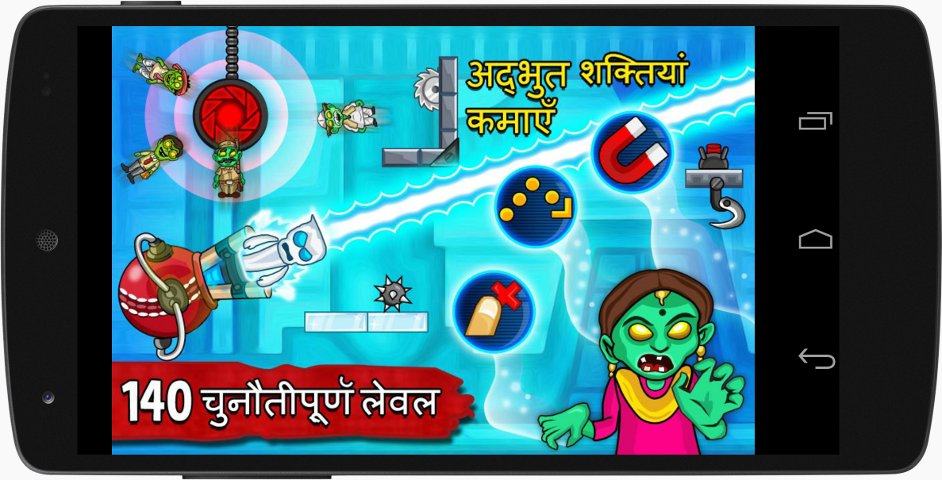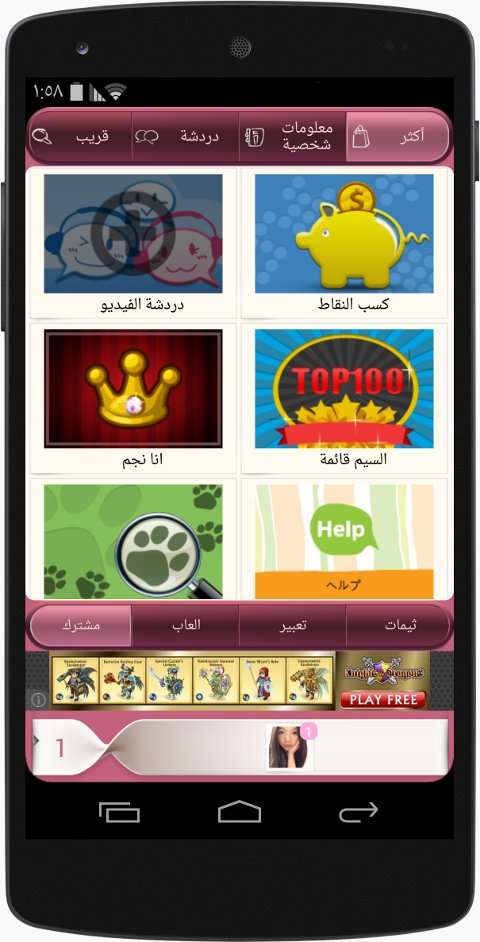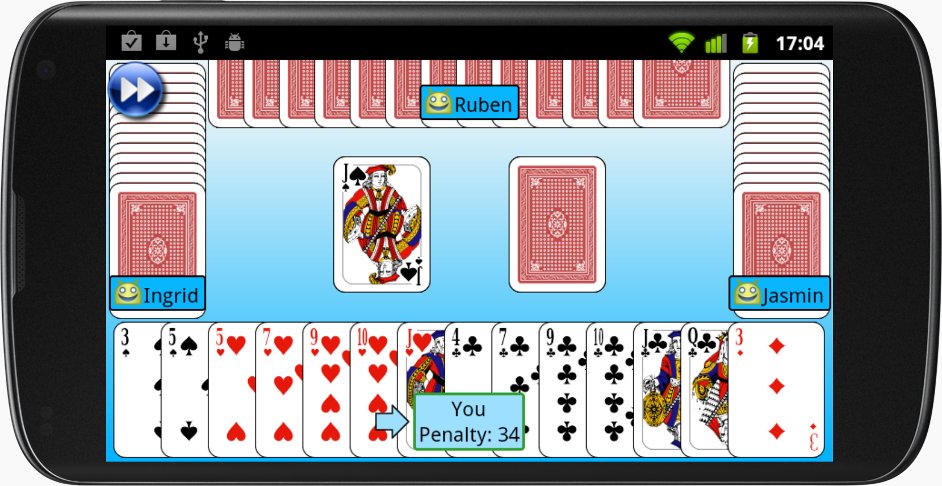As you build your app and distribute it across the world through Google Play, localization becomes an increasingly important tool to reach more users. Localization involves a variety of tasks , but most important is creating quality translations of your app's UI strings and marketing materials.
Managing the translation process across multiple languages can be a challenge, especially if you need to locate translators on your own. That’s why Google Play offers the App Translation Service right from the Developer Console. It's a single place where you can go to source professional translators, get cost estimates, and then send your strings and other materials for translation.
Here are some stories from developers who have used Google Play's App Translation Service to localize their apps and the results they've seen as they've expand their offerings beyond a single language.
Zombie Ragdoll: Improved user engagement
with localized versions
About the app
- Zombie Ragdoll
- A fun zombie-based physics game
Localization Results
- Increased engagement because of appeal of the localized version
- 80% of installs came from users of non-English languages
The 2013 Google I/O talks about Building Android Apps for a Global Audience and What’s New for Developers in Google Play inspired developers at RV AppStudios to go global from very beginning for their new game, Zombie Ragdoll. They launched Zombie Ragdoll in August 2013, localized into 20 languages.
They quickly saw the impact of their decision to ship simultaneously in multiple languages through increased non-English installs and improved engagement with users worldwide. In addition, they started getting significant usage in countries where their apps had not been as popular before. They are seeing great traction in countries like Vietnam, Russia, Philippines and Thailand.
Vivek Dave, founder of RV AppStudios, credits the success of Zombie Ragdoll to localization:
"The value of localization is clear, it helps discoverability and helps connect with the users in other countries. So when the localization opportunity arose, we immediately jumped on it. Android is worldwide, and we would be severely limiting ourselves if we focused on English as the only language.
"The App Translation Service offered in the Google Play Developer Console is extremely easy to use and the pricing is very attractive. Developers with limited localization experience can easily create, upload, and translate their app."
RV AppStudios not only localizes the text within the game, but also localizes the game assets to a specific country/culture. Dave says, “Users want a personalized experience, and by offering a localized game with translation of text and graphic assets, we believe users will connect at a much deeper level with the game.”

Hindi version of Zombie Ragdoll : Localized screenshots and videos in the app's Google Play listing go a long way toward increasing the number of installs.
SayHi Chat: Install growth and user engagement
from professional translations
About the app
- SayHi Chat, Love, Meet, Dating
- A social app to help you find people nearby
Localization Results
- 120% growth in language installs for new languages added
- ~20% increase in revenue and ~50% increase in User Reviews in the new languages
The SayHi Chat app started out only in Japanese, Chinese and English. It soon became one of the most popular apps in Japan, Hong Kong, and Taiwan. The SayHi team realized it was time to launch in more languages, as the language barrier was restricting how fast SayHi could grow globally.
Yan Shi, senior developer at SayHi, says: "We checked Google Analytics for our DAU and user growth numbers in each country, we also looked at total Android and iOS users in those markets before finalizing our next set of languages.

SayHi used the App Translation Service to launch in 13 additional languages in August 2013 and immediately saw 120% increase in install rates. In addition, they are seeing their app ranked in Top 10 apps in countries like Poland and Italy.
Notably, they saw steady growth in Spain after replacing their previous non-professional Spanish translation with a professional one produced through the App Translation Service.
Yan Shi adds, “The App Translation Service is really easy to use and the completion time for translation requests is very good.”
Arabic version of SayHi Chat : User engagement increased significantly with the localized version.
G4A Indian Rummy: Benefitting from ease-of-use and
fast turnaround time
About the app
- G4A Indian Rummy
- A card game in which the players try to form sets and sequences of cards
Localization Results
- Double the number of users in French and German languages
- 300% increase in user engagement with localized version
Games4All (G4A) is the developer of Indian Rummy and a variety of games that they distribute broadly to users around the world. After noticing that certain apps had become especially popular in specific countries, they decided to localize those apps. Initially they used a local agency to do the translation and got great results — the number of users in that language increased tremendously when they released the localized version.
Building on that success, G4A expanded their localization goals but found that translation quality varied across their vendors and costs limited the language/game combinations they could try. That's when G4A decided to try the App Translation Service.
Founder Pieter Olivier says, "When we heard that the App Translation Service was available in the Developer Console, we jumped at the opportunity. We've now been using the App Translation Service for several months and found that the cost per translation is much lower than with local companies and the process is much easier."
So far, G4A has translated the game Indian Rummy into five languages through the App Translation Service.
Olivier continues, "The first thing we did was convert all of our texts into the strings.xml format. After that using the service was extremely easy and straightforward. In contrast, our previous experiences with translation agencies were much more difficult: files often required extensive conversion operations to make them usable, and turnaround times varied wildly.
"With the App Translation Service, the turnaround time is usually measured in days instead of weeks that we were used to with traditional translation agencies."

Dutch version of Indian Rummy : Making slight changes to games rules based on local nuances was key to success of the game.
